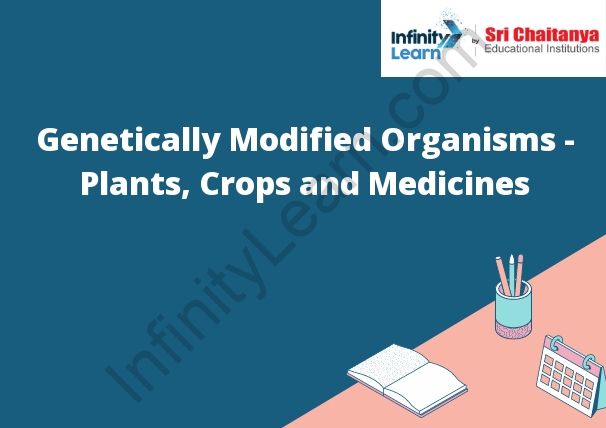Table of Contents
Genetically Modified Food Ethical Issues
Genetically modified food, also known as GM food, is food that has been modified using genetic engineering techniques. This involves inserting genes from different organisms into the food crop to change its characteristics.
There are many ethical issues surrounding GM food. One of the main concerns is that GM food may be harmful to human health. There is some evidence that suggests that GM food can cause allergies and other health problems. There are also concerns that GM food may be harmful to the environment. Genetically modified crops can cross-pollinate with other crops, and this could lead to the development of new, genetically modified strains of crops.

Ethical Issues on GMO
There are many ethical issues on GMO. One of the most controversial is the impact of GMOs on human health and the environment. Some people believe that GMOs are harmful to human health and the environment, while others believe that they are safe. There is no scientific consensus on the safety of GMOs, so people have different opinions on this issue.
Another ethical issue on GMO is the impact of GMOs on farmers. Some people believe that GMOs are harmful to farmers because they are more dependent on Monsanto and other agribusinesses. Others believe that GMOs are helpful to farmers because they can increase yields and reduce the need for pesticides.
There are also ethical issues regarding the patenting of GMOs. Some people believe that it is unethical for Monsanto to patent GMOs. Others believe that it is necessary for Monsanto to patent GMOs in order to protect them from being copied.
Ethical Issues of Genetically Modified Organisms
The ethical issues of genetically modified organisms (GMOs) are numerous and complex. One of the key issues is that of consent. With genetic modification, scientists can alter the genes of an organism without that organism’s consent. This raises questions about who has the right to modify genes, and whether or not humans have the right to modify the genes of other species.
Another key issue is safety. GMOs have the potential to cause harm to both humans and the environment. There is some evidence that GMOs can cause health problems, and they may also be harmful to the environment.
GMOs also raise questions about ethics and ownership. Who owns the genes that have been modified? What happens when a GMO escapes into the wild? These are just a few of the complicated ethical questions raised by GMOs.






